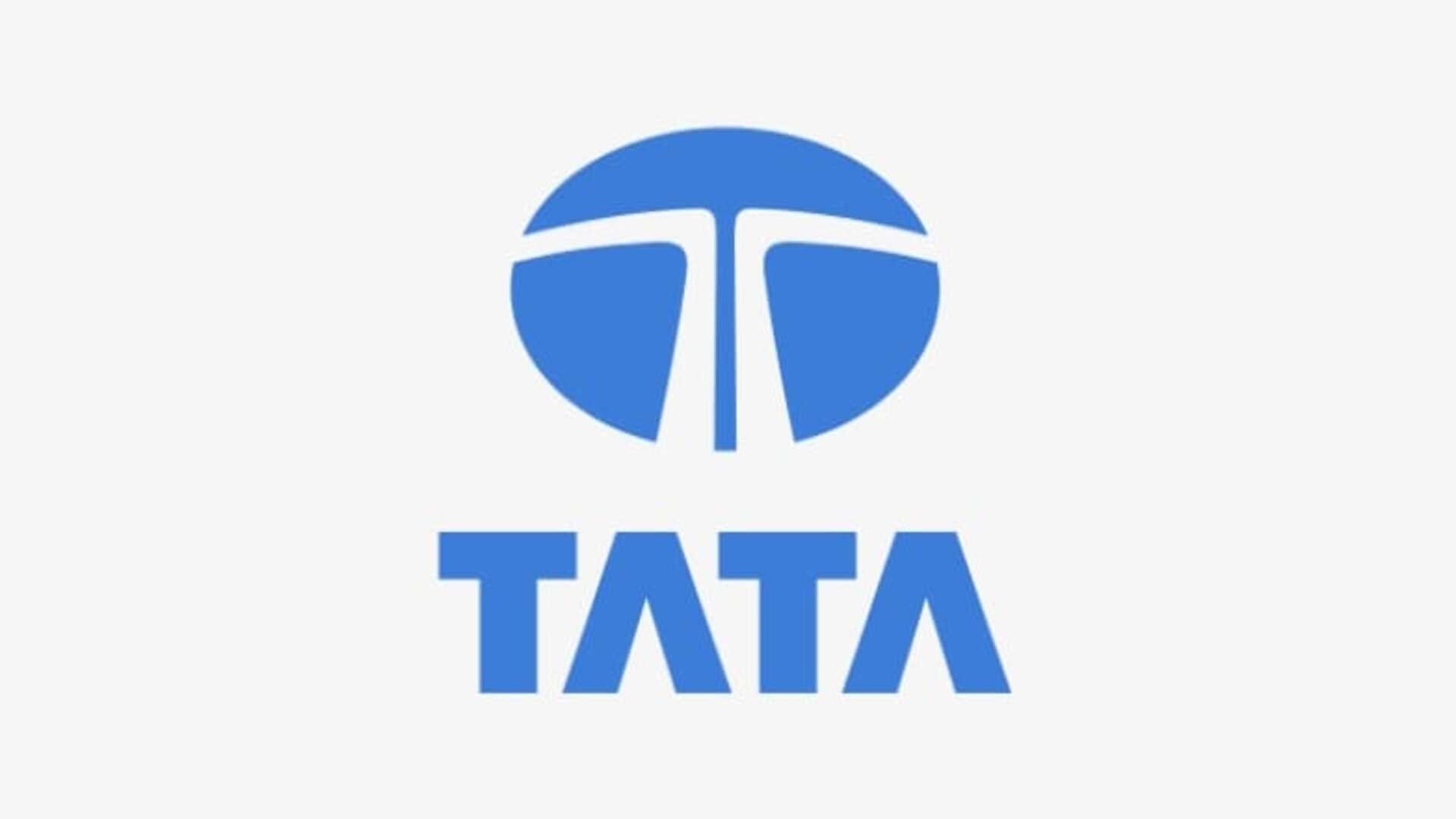
The Tata Group is one of India’s largest and most respected conglomerates. Founded in 1868 by Jamsetji Tata, it is not only known for its vast business empire but also for its ethical values, philanthropy, and nation-building contributions. Headquartered in Mumbai, the Tata Group operates in over 100 countries across six continents and boasts of a diverse portfolio encompassing various industries, including steel, automobiles, telecommunications, information technology, power, and hospitality. The company’s growth has paralleled India’s economic and industrial progress, making it synonymous with the rise of modern India.
This article delves into the history, growth, and current standing of the Tata Group, exploring its various business ventures, core values, and impact on the global and Indian economies.
The Tata Group’s origins can be traced back to 1868 when Jamsetji Tata established a trading firm in Mumbai, dealing primarily in cotton and textiles. He envisioned creating an industrialized India, and his leadership laid the foundation for several pioneering initiatives. His ventures into industries like steel, power generation, and education were instrumental in shaping India’s infrastructure and industrial landscape.
One of Jamsetji’s most significant achievements was the establishment of Tata Steel, formerly known as Tata Iron and Steel Company (TISCO), in 1907. It became Asia’s first integrated steel plant in Jamshedpur, India. This was followed by several other endeavors that would later define the industrial backbone of India, such as hydroelectric power plants and scientific institutes. His vision of a self-sustaining, industrialized India set the stage for Tata’s future growth.
After Jamsetji’s death, the reins of the company were taken over by his successors, most notably his son Dorabji Tata, who played a key role in consolidating the early successes of the Tata Group. Under the leadership of Dorabji and subsequent chairmen, the company expanded into diverse sectors such as chemicals, hospitality, and automotive industries.
Tata Steel has been one of the Tata Group’s flagship enterprises and continues to be one of the world’s leading steel producers. Over the decades, Tata Steel has grown through acquisitions, including the purchase of British steelmaker Corus in 2007. This move solidified Tata Steel’s position in the global market, making it the sixth-largest steelmaker in the world at the time.
Another pivotal business for Tata Group is Tata Motors, India’s largest automobile manufacturer. Established in 1945 as Tata Engineering and Locomotive Co. Ltd (TELCO), Tata Motors initially focused on producing locomotives and commercial vehicles. It launched its first passenger car, Tata Indica, in 1998, which became an iconic brand in the Indian market.
In 2008, Tata Motors made international headlines by acquiring the luxury British brands Jaguar and Land Rover (JLR) from Ford. This acquisition marked a significant move in the global automotive landscape and demonstrated Tata’s ambitions to become a global player. Tata Motors also became known for the Tata Nano, the world’s cheapest car, which targeted the Indian middle class with its highly affordable pricing.
Tata Consultancy Services (TCS), the IT arm of the Tata Group, is one of the most successful ventures in the group’s portfolio. Founded in 1968, TCS is today a global leader in IT services, consulting, and business solutions, employing hundreds of thousands of people around the world. TCS became the first Indian IT company to reach a market capitalization of $100 billion in 2018, solidifying its position as one of the most valuable IT services companies globally.
The Tata Group also made significant strides in the telecommunications sector through Tata Teleservices and Tata Communications. Although the telecommunications business has faced fierce competition from local players like Bharti Airtel and Reliance Jio, Tata Communications remains a major provider of global communication networks, serving customers in over 200 countries and territories.
Tata Power, established in 1911, is India’s largest integrated power company. It has a significant presence in both conventional and renewable energy sectors. Tata Power has been a pioneer in promoting green energy solutions in India, focusing on solar, wind, and hydroelectric power, as well as energy efficiency and sustainability initiatives. It has also expanded its operations internationally, with projects in countries like Indonesia and South Africa.
The hospitality arm of Tata Group, Indian Hotels Company Limited (IHCL), operates the renowned Taj Group of hotels. The Taj Mahal Palace Hotel in Mumbai, opened in 1903, remains one of the most iconic landmarks in India. Over the years, the Taj Group has expanded its operations internationally, managing luxury hotels in cities like New York, London, Dubai, and Cape Town.
One of the defining aspects of the Tata Group is its commitment to ethical business practices and social responsibility. Unlike many conglomerates driven solely by profit, the Tata Group has been a pioneer in promoting social welfare. A large portion of the company’s profits is directed towards philanthropic endeavors through various trusts.
Some of the prominent institutions supported by the Tata Group include the Tata Trusts, which contribute significantly to causes related to healthcare, education, and rural development. In addition, Tata companies have funded several key institutions in India, including the Tata Institute of Fundamental Research (TIFR), Tata Institute of Social Sciences (TISS), and Tata Memorial Hospital.
The group’s emphasis on ethical business was further exemplified by the leadership of J.R.D. Tata, the company’s chairman from 1938 to 1991. He not only expanded the Tata Group’s operations but also reinforced the importance of employee welfare, corporate governance, and environmental sustainability. His influence made Tata a symbol of ethical capitalism in India.
The Tata Group has long sought to expand its reach beyond India’s borders, with a strategy of acquiring established international brands. Some of the notable acquisitions include:
1. *Tetley Tea (2000):* Tata acquired the UK-based Tetley Tea, one of the world’s largest tea companies, marking its entry into the global beverages market.
2. *Corus (2007):* As mentioned earlier, Tata Steel’s acquisition of Corus made it one of the largest steel producers globally.
3. *Jaguar Land Rover (2008):* This acquisition placed Tata Motors on the map in the luxury automotive segment.
4. *Cambridge-based chemical company Brunner Mond (2006):* Tata Chemicals expanded its global footprint through this acquisition.
These acquisitions have been part of the group’s broader strategy of transforming from a predominantly India-focused enterprise into a global conglomerate.
Despite its vast success, the Tata Group has faced its share of challenges. One of the most significant episodes was the leadership transition after Ratan Tata’s retirement in 2012. His successor, Cyrus Mistry, was ousted in 2016, leading to a legal and public tussle between Mistry and Tata. The boardroom battle brought the otherwise illustrious group’s internal matters into the public domain, highlighting governance issues that even ethical companies like Tata are not immune to.
Another challenge comes from increasing competition in key sectors. In the automotive space, Tata Motors faces stiff competition from domestic players like Maruti Suzuki and Mahindra & Mahindra, as well as global giants like Hyundai and Honda. Similarly, in the telecommunications and IT sectors, Tata companies face relentless competition from local and international players.
However, opportunities abound for the Tata Group as well. The Indian economy’s rapid growth, increasing middle-class consumption, and favorable government policies for industrial development provide fertile ground for further expansion. Tata’s focus on sustainability, clean energy, and digital innovation also aligns with global trends, offering growth prospects in emerging industries.
Looking ahead, the Tata Group’s vision remains rooted in innovation, social responsibility, and ethical business. Natarajan Chandrasekaran, who took over as chairman in 2017, has emphasized the importance of digital transformation and sustainability in the company’s future growth strategy. With Tata’s ventures into areas like electric vehicles, renewable energy, and digital services, the conglomerate is poised to continue playing a significant role in India’s economic and industrial progress.
Moreover, the company’s global acquisitions and investments in cutting-edge technologies reflect its aspirations to compete at the highest levels internationally. Tata’s deep-rooted presence in sectors critical to future growth, such as IT services, renewable energy, and consumer goods, ensures that it will remain a formidable player on the global stage for years to come.
The Tata Group’s story is one of vision, perseverance, and integrity. From its humble beginnings in the late 19th century to becoming one of the world’s most respected conglomerates, Tata’s journey mirrors India’s industrial and economic transformation. Its commitment to ethical business practices, social responsibility, and innovation has set a benchmark for businesses not only in India but globally.
As the Tata Group continues to evolve and adapt to the challenges of the 21st century, it remains a testament to the power of visionary leadership, resilience, and a deep-rooted belief in the greater good. With a legacy spanning over 150 years, the Tata Group’s impact on India and the world will undoubtedly continue to grow.

 Md. Anas Ebna Arfin (Nibir)
Md. Anas Ebna Arfin (Nibir) 























